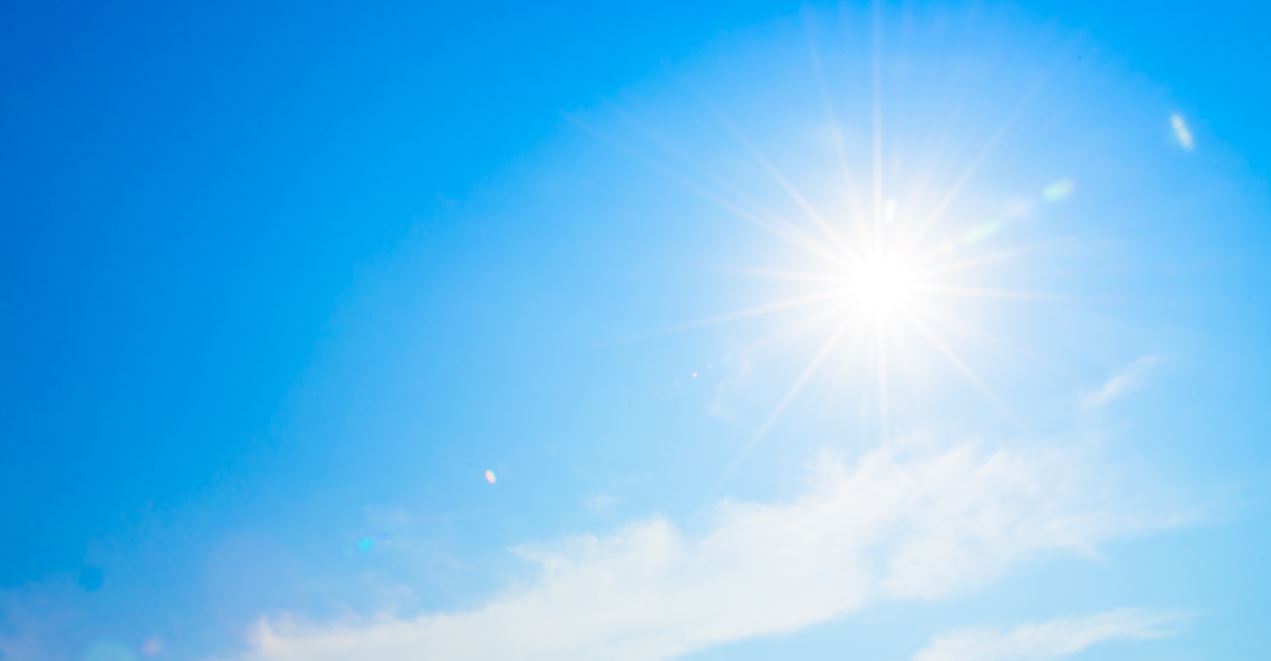Oppressive and extreme heat
In Canada, heat warnings are issued by Environment Canada when the following weather conditions are expected to last for at least 1 hour:
- the temperature is 30°C or above and the humidex value is 40 or above
- the temperature is 40°C or above
The definition of extreme heat varies by region. On average, the daytime temperature must be between 31 and 33°C and the night time temperature between 16 and 20°C for 3 consecutive days.
What to do before
- Prepare an emergency kit.
- Prepare a family safety plan.
- Stay informed of weather alerts (Montréal) in effect in your region. Take those alerts into consideration when planning activities.
- Find out about the recommended safety precautions to prevent heatstroke (French only) in the workplace.
What to do during
- Know how to prevent the effects of the heat by taking the necessary precautions, such as by staying sufficiently hydrated and cooling off often. By the way, take advantage of our cooling facilities: municipal pool, cooling area and air-conditioned vestibule at the George-McLeish Community Centre.
- Watch out for symptoms related to the effects of oppressive or extreme heat on health. Pay particular attention to infants and children since, during a heat wave, their state of health can deteriorate quickly. Never leave an infant or child alone in a poorly ventilated car or room, even for a few minutes.
- Offer assistance to family and friends who are losing their independence, or who are vulnerable to the heat, particularly if they live alone.
- If your condition or that of a loved one worsens, or if you or a loved one is vulnerable to the heat, contact Info-Santé 811 for medical advice. In a medical emergency, call 911 or go to the nearest hospital.
- Pay close attention to your pets, as they can suffer from the heat (French only) as well. Do not leave them exposed to the sun and give them water to keep them hydrated. Never leave a pet alone in a car, even for a few minutes.
- Find out from your municipality what measures have been implemented to ease the consequences of a period of extreme heat, such as the opening or extension of opening hours of certain municipal services (ex.: pools, water play areas, premises with air conditioning, etc.).
- Monitor air quality, as heat can be favourable to the formation of atmospheric pollutants. Stay informed of the air quality index (French only) in your region.
Follow guidelines during outdoor activities
Respect the restrictions regarding access to wooded areas, as well as vehicle traffic, work and outdoor fires during a heat wave. Beware of vegetation that has dried out, including in your garden. Comply with restrictions on open-air fires and be informed on the precautions to take and the safety rules to follow in the event of a forest fire.
Comply with watering restrictions during a drought
During a drought, watering restrictions may be issued by municipalities to ensure the supply of drinking water for the entire population. It is important to follow the guidelines issued by your municipality in that regard.
What to do after
- Circulate cool air in your home.
- Get in touch with those around you who are at risk, to ensure that they are well and do not need your help.
- Continue to stay hydrated.
Refer to this checklist for an overview of preventive measures
Source of information – Gouvernement du Québec

